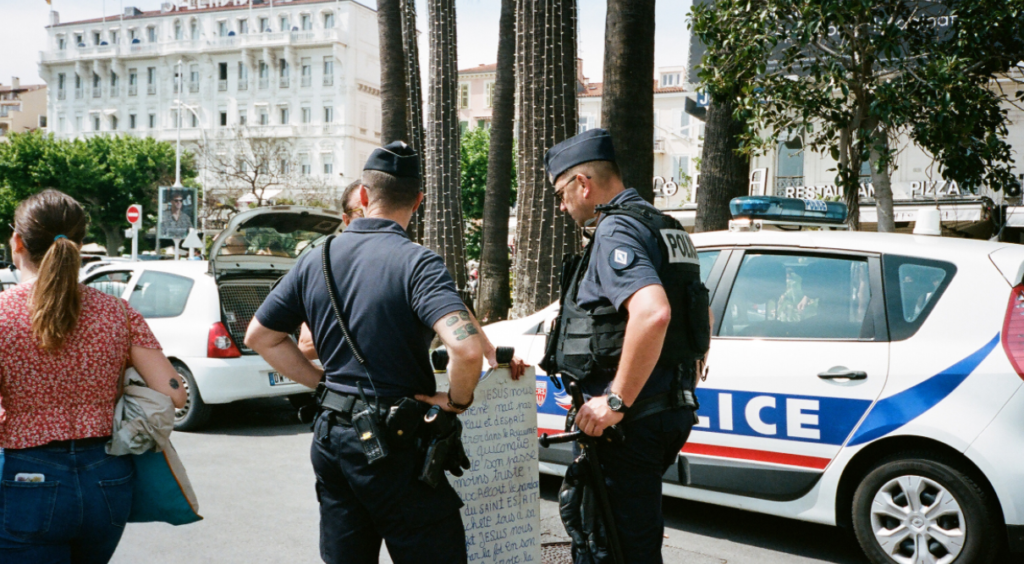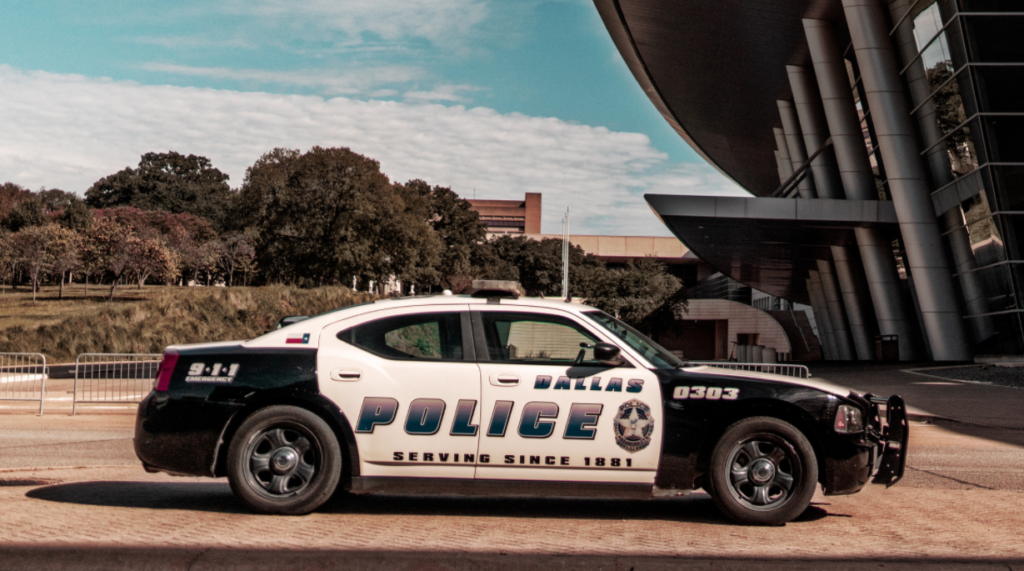“This is the Police! Hands up! Do not move! You’re under arrest!” You have probably heard these being said by the police either through popular criminal drama shows on TV or perhaps you might have even heard it being shouted in real life by the police. What does this all mean?
We at AH2 Legal, often get calls from clients who have been arrested and are scared of what might happen next. Often, these calls are made in the middle of the night or over the weekends when incidents occur and people find themselves on the wrong side of the law and face being arrested by the police.
If you have been arrested, the situation will be confusing and distressing. The average person does not know the law well and this could lead to mistakes being made or an accidental waiving of your rights. Therefore it is vital that you understand your rights, particularly if you are facing being placed under arrest by the police.

When can police officers arrest me?
In Australia, a police officer can only arrest someone under a few particular circumstances. If the police reasonably believe that you have committed a crime or have a warrant, then they will have the authority to arrest you.
In addition to that, if the police believe you are mentally ill and reasonably suspect that you will hurt yourself or others, you can then be legally arrested by them. It is important to note that if you have not been arrested, then you do not have to go anywhere with police officers or answer any of their questions.
After an arrest is performed, the police must inform you that you are under arrest and give the reason for your arrest. Under no circumstances is resisting arrest a good idea, as that action has its own separate charge.
Do not resist or taunt the police or “challenge” the police as these provocations might lead to separate charges being laid against you. At all times, you should remain polite and calm in your interactions with the police. Remember, they are only carrying out their duties and there is simply no excuse for being discourteous or unruly towards police officers.
What information do I have to provide?
Unlike what many people have seen on popular TV criminal drama shows, Australia does not require a reading of “Miranda Rights”. However, the police should “caution” you and make sure you understand your basic rights.
You have the right to remain silent. You can refuse to answer any police questions or decline a record of interview. You can answer police questions by saying, “no comment”.
Your silence does not mean you are guilty. This right protects you in the seemingly impossible position of providing evidence no matter what you do. In most situations, it would be best if you answered “no comment” as anything said can be used against you in court.
After an arrest is made, the police have the authority to ask you for your legal name, date of birth, and current place of residence. It is very important that you do not attempt to lie about your name, date of birth, or address as this is a serious offence which will result in additional charges being laid against you.
The police may also take your fingerprints, and an officer of the same sex might conduct a body search of your person if they suspect that you are hiding illegal substances, prohibited items or weapons on your person.
If the police take anything from you during a search, they will provide you with a receipt for all items seized and might ask you to sign an acknowledgement of the receipt before the leave you.
What can I request from the police?
After an arrest occurs, you still have specific rights that protect you. Many of these rights cover what you can legally request to protect you during this process. It is vital to know that you have the right to call a friend or family member in private (i.e.: without police overhearing you).
You also have the right to talk to a lawyer in private before police questioning. If English is not your first language, then you can request an interpreter to be arranged by the police. You do not need to pay for this interpreter’s fees or costs as you have a right to understand and be understood.
It is important to know that the legal system is very complex, and you may have other rights because of your unique circumstances. It is vital that you immediately seek legal advice if you are being arrested. An experience criminal defence lawyer will look into your specific case and will then be able to advise you on how best to make the legal process simpler and easier for your specific situation.

If you are dealing with an arrest by the police, it is important that you call an experienced criminal defence lawyer to help you at the very first available opportunity. We at AH2 Legal, stand ready to assist if you require our services.
